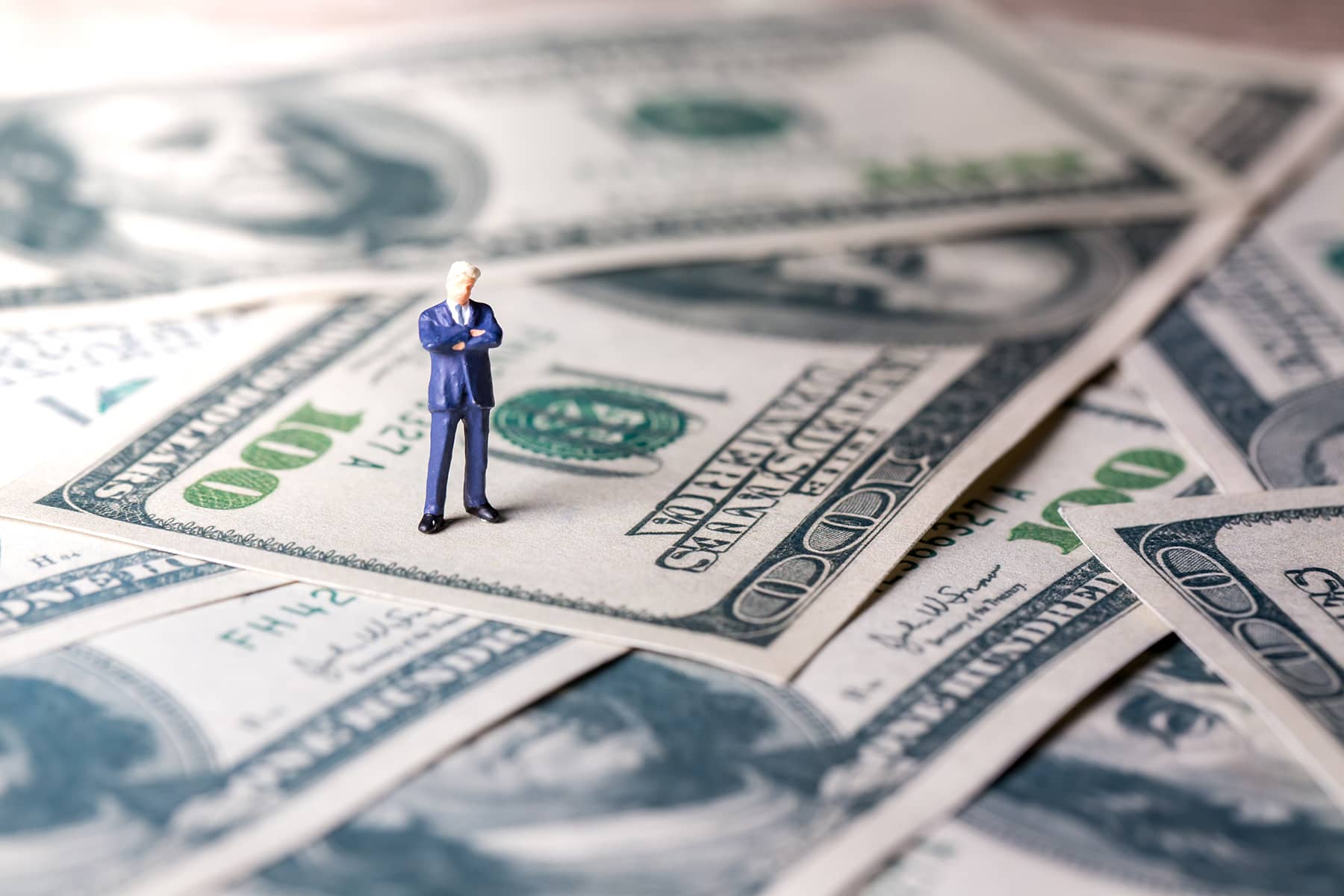
Why do we glorify “self-made” billionaires? Being “self-made” is a seductive idea. It suggests that anybody can get to the top if they’re willing to work hard enough. It is what the American Dream is all about.
If Kylie Jenner can become a “self-made” billionaire at age 21, so can you and I. Even as wages stay stagnant and wealth inequality grows, it is a comfort to think that we are all simply one cosmetics company and some elbow grease away from fortune.
Unfortunately, a nice idea is all it is. Self-made billionaires are a myth. Just like unicorns.
The origins of self-made billionaires are often depicted as a “rags-to-riches” rise to the top fueled by nothing but personal grit and the courage to take risks — like dropping out of college, or starting a business in a garage.
But in reality, the origins of many billionaires are not so humble. They are more “riches-to-even-more-riches” stories, rooted in upper-middle class upbringings.
How much risk did Bill Gates take on when his mother used her business connections to help Microsoft land a deal-making software for IBM? Elon Musk came from a family that owned an emerald mine during the time of Apartheid South Africa.
Jeff Bezos’ garage-based start was funded by a quarter-million dollar investment from his parents.
If your safety net to joining the billionaire class is remaining upper class – that is not pulling yourself up by your bootstraps. Nor is failing to pay your fair share of taxes along the way.
Along with Musk and Bezos, Michael Bloomberg, George Soros, and Carl Icahn have all gotten away with paying ZERO federal income taxes some years. That is a big helping hand, courtesy of legal loopholes and American taxpayers who pick up the tab, all while our tax dollars subsidize the corporations owned by these so-called “self-reliant” entrepreneurs.
Did you get a thank you card from any of them? I did not. Other common ways that billionaires build their coffers off the backs of others include paying garbage wages and subjecting workers to abusive labor conditions.
But portraying themselves as rugged individuals who overcame poverty or “did it on their own” remains an effective propaganda tool for the ultra-wealthy. One that keeps workers from rising up collectively to demand fairer wages, and one that ultimately distracts from the role that billionaires play in fostering poverty in the first place.
Billionaires say their success proves they can spend money more wisely and efficiently than the government. Well they have no problem with government spending when it comes to corporate subsidies.
When arguing for even more tax breaks, they claim each “dollar the government takes from [them] is a dollar less” for their “critical” role in expanding prosperity for all Americans, through job creation and philanthropy. Well that is rubbish.
50 years of tax cuts for the wealthy have failed to trickle down. As a result of Trump’s tax cuts, 2018 saw the 400 richest American families pay a lower tax rate than the middle class. And U.S. billionaire wealth grew by $2 trillion during the first two years of a pandemic that was economically catastrophic for just about everyone else. They want to have their cake, everyone else’s cake, and eat it, too.
Behind every ten-figure net worth is systemic inequality. Inherited wealth. Labor exploitation. Tax loopholes. And government subsidies. To claim these fortunes are “self-made” is to perpetuate a myth that blames the wealth gap on the choices of everyday Americans.
Billionaires are not made by rugged individuals. They are made by policy failures. And a system that rewards wealth over work.
Robert Reich
Jеstеrpоp
Originally published on Robertreich.org
Donate to Inequality Media with Robert Reich. Anything contributions will help the organization make even more videos that educate the public, connect the dots, and get the truth out to Americans all across the country.














